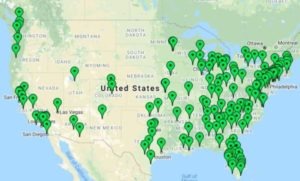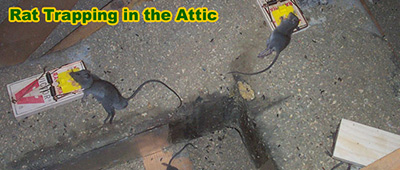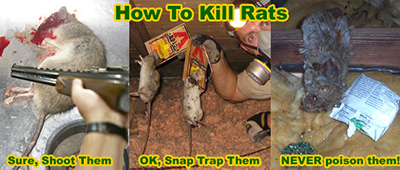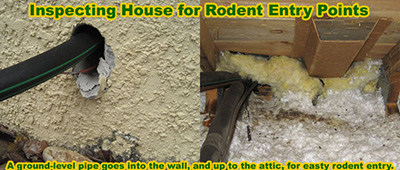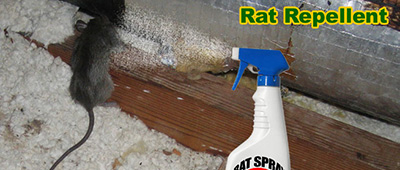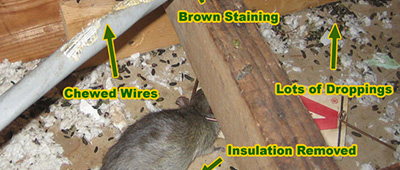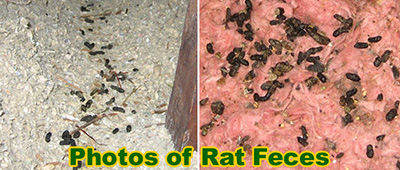Yes, in short. Rats can enter a building via so many means, and the plumbing is just one of them. If there is a way into your home, and the rat can get inside it, it's going to. There's no question about that.
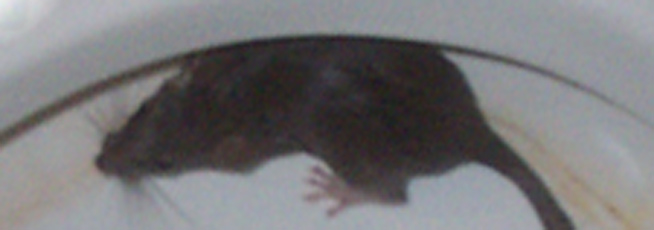
Drains are another culprit - if the drains aren't covered, with a metal grate, for example, rats have been known to crawl up and along pipework. They can swim, so that's sewer pipes also leading them right into your home. Not only that, but there have even been reports of rats coming up through an open toilet. It certainly makes you think twice about leaving it up next time you do your business, right?
Rats can enter your property in so many ways, plumbing is really just the tip of the iceberg. Any small gap can easily be made bigger with sharp teeth and claws, and it doesn't take long for them to make a very small hole a very big one, especially when the rat's cousins start coming along for the ride too. If you have pipework coming in and out of your home, you will need to make sure you inspect it regularly. If you don't, a very small hole could soon turn into a very big problem. We're sure that's not what you want.
Go back to the Rats in the Attic home page.
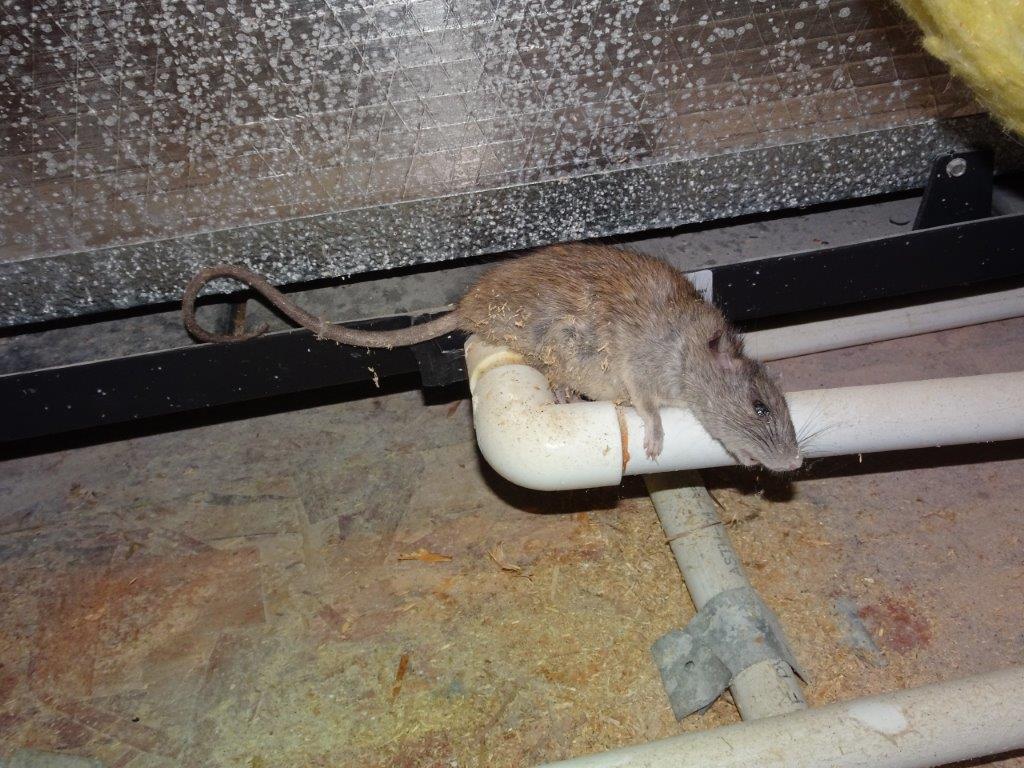
The answer is YES! Rats can absolutely find a way to get into your property through your plumbing system. They are highly resourceful and resilient creatures and as long as they smell an abundant food source or they sense that your building could be a safe shelter for them, they will find a way to break in.
It is important to note that even though rats have the ability to penetrate through the plumbing system, this is not going to be their first strategy. Rats are intelligent animals. If they see a faster and easier way to enter your property - that’s what they will go with. Some of the most common rat entry points are window gaps, holes on the roof, cracks on the wall, and vents. Before messing with your plumbing system, it is strongly recommended that you inspect and repair the above-mentioned entry points to avoid any unnecessary costs.
If you still suspect that rats are using your plumbing system to get inside your property then it’s time for further investigation. Here are the ways for you to find out for sure.
#1 Check your pipes.
Rats are tiny but their teeth are very powerful. Pipes are usually made up of strong steel but rats don’t shy away from chewing through it. It might take them some time - days probably weeks depending on how many of them are working together. Considering how persistent this specie is, they will eventually be able to bite through it.
#2 Check your sewer.
Your sewer is where washed down food from the sink goes directly to. Rats love this spot as it is dark, cozy, and a good food source. While rats living in your sewer might not bother you, they will eventually relocate and even enter your home when one of these things happen:
- Crowding: When a new family of rats comes and shares the space with them.
- Flooding: This could be due to either heavy rains or a problem in your plumbing system.
- Construction: Any construction activity that disrupts their shelter and food source.
#3 Check the cables of your air conditioning unit.
Yes, these cables are still part of your plumbing system. It is often overlooked as no one really cares about these things except when a pest uses it to enter the house. Check for openings in the cables. Keep in mind that rats can enter holes as tiny as 2 to 4 inches in diameter. Inspect your AC lines thoroughly and if you see openings, repair them immediately.
Remember that rats are very hard to get rid of. Even if you are able to fix your plumbing system, they will surely find another way to enter your property. A more permanent solution would be to clean your place up so rats do not smell the food source. Do not give them a reason to want to come in. It is strongly recommended to use natural deterrents. When it comes to rats, this cliché applies: “Prevention is better than cure”.

